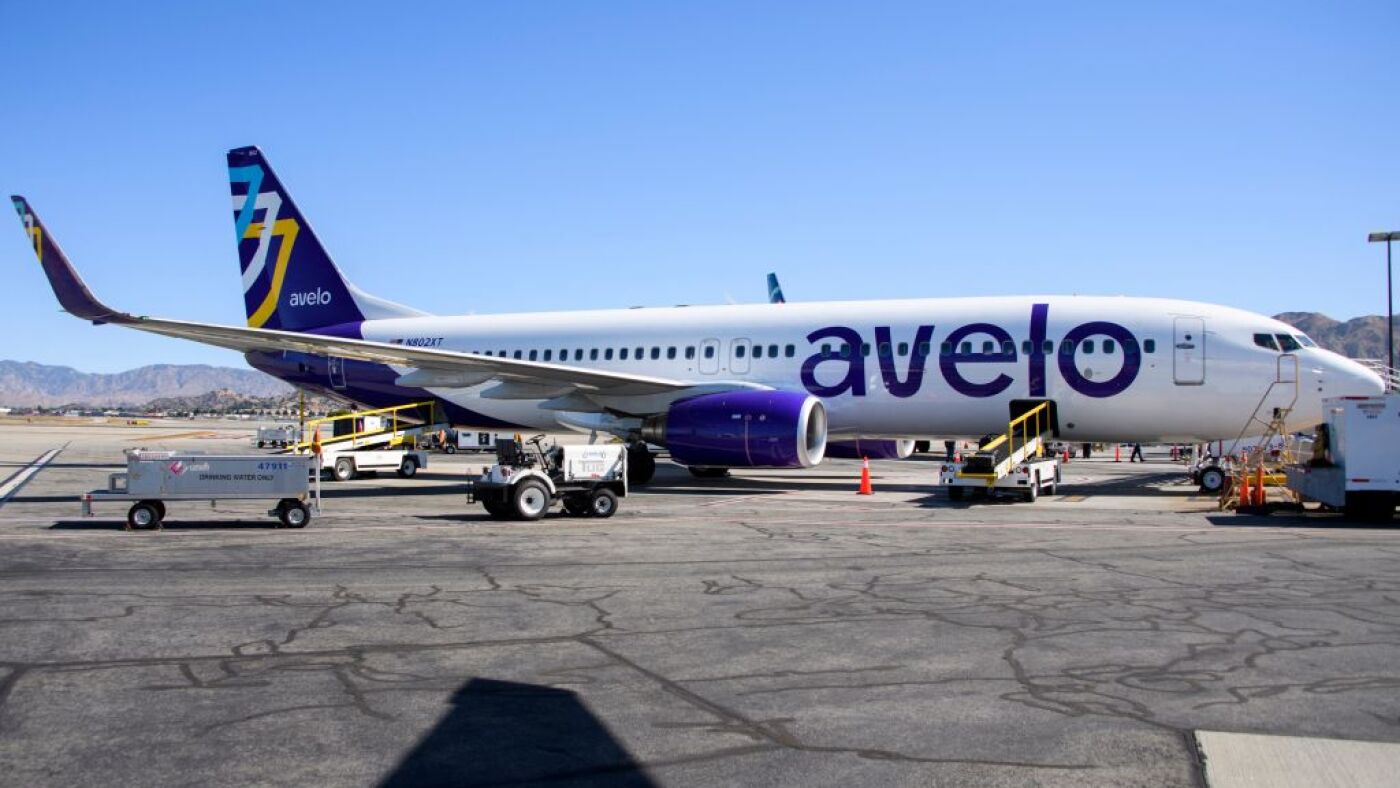Avelo Airlines: Navigating the Storm of Controversy
The aviation industry is no stranger to turbulence, but Avelo Airlines has found itself in a storm of a different kind. The budget carrier’s decision to operate deportation flights for U.S. Immigration and Customs Enforcement (ICE) has ignited a firestorm of criticism, forcing the airline to confront a complex web of financial, political, and ethical challenges.
Financial Pressures and Strategic Gambits
The airline industry has weathered numerous challenges in recent years, from the COVID-19 pandemic to soaring fuel costs and operational expenses. Avelo Airlines, like many of its peers, has been grappling with these financial headwinds. In a bid to secure financial stability, the airline struck a deal with ICE to operate deportation flights, dedicating three of its 20 planes to this purpose. Based out of Mesa, Arizona, these Boeing 737-800s will serve both domestic and international routes.
The move was likely intended as a strategic maneuver to bolster the airline’s financial health. However, the public and political backlash has cast a long shadow over the long-term viability of this strategy. The controversy has not only tarnished Avelo’s public image but also disrupted its operational dynamics, raising questions about the wisdom of this financial gambit.
Public Fury and Political Pushback
The announcement of Avelo’s contract with ICE has been met with widespread condemnation. Over 14,000 people have signed a change.org petition demanding that Avelo halt its plans to carry out deportation flights. Protesters and advocacy groups have taken to the streets, calling for a boycott of the airline. The public outcry has been fueled by concerns over human rights and the ethical implications of deportation flights.
Politicians, too, have joined the chorus of disapproval. Local and national figures have expressed their discontent, adding to the pressure on Avelo. The political backlash has been particularly intense in Connecticut, where Avelo has a significant presence. The combination of public outrage and political pressure has created a challenging environment for the airline, forcing it to confront the consequences of its decision.
The Human Toll of Deportation Flights
The controversy surrounding Avelo’s deportation flights shines a spotlight on the human cost of such operations. Deportation flights often involve transporting individuals in shackles and leg chains, both within the U.S. and on international routes. The conditions under which these flights operate have been a subject of intense scrutiny and criticism.
Advocacy groups and human rights organizations have long argued that deportation flights are inhumane and violate the rights of those being deported. The public outcry against Avelo’s involvement in these flights reflects a growing awareness and concern over these issues. The airline’s decision to operate deportation flights has not only sparked controversy but also raised questions about its commitment to human rights and ethical conduct.
The Ethical Quagmire
The ethical implications of Avelo’s decision to operate deportation flights are complex and multifaceted. On one hand, the airline is fulfilling a contractual obligation and securing a source of revenue. On the other hand, it is involved in a process that has been widely criticized for its inhumane treatment of individuals.
The controversy has forced Avelo to confront the ethical considerations of its business decisions. The airline must grapple with the moral implications of its actions and the potential impact on its reputation and brand. In an industry where public perception and customer loyalty are crucial, the backlash against Avelo could have far-reaching consequences.
The Path Forward
The backlash against Avelo Airlines raises significant questions about the future of the carrier. The public and political pressure could have long-term implications for the airline’s operations and financial health. The controversy has already led to calls for boycotts, which could impact Avelo’s passenger numbers and revenue.
Moreover, the ethical and moral implications of operating deportation flights could affect the airline’s brand and reputation. In an era where ethical considerations are increasingly important, airlines and other businesses must tread carefully. The future of Avelo Airlines will depend on how it responds to this controversy and the choices it makes in the coming months and years.
Avelo at the Crossroads
Avelo Airlines stands at a crossroads. The decision to operate deportation flights for ICE has sparked a controversy that could shape the airline’s future. The financial benefits of the contract must be weighed against the public and political backlash, as well as the ethical considerations of deportation flights. As the airline navigates this challenging landscape, it will need to consider not only its financial health but also its reputation and the values it stands for.
The controversy surrounding Avelo Airlines serves as a reminder of the complex interplay between business decisions and public perception. In an era where ethical considerations are increasingly important, airlines and other businesses must tread carefully. The future of Avelo Airlines will depend on how it responds to this controversy and the choices it makes in the coming months and years. The airline’s actions will not only determine its financial success but also its place in the broader societal conversation about ethics and human rights.

